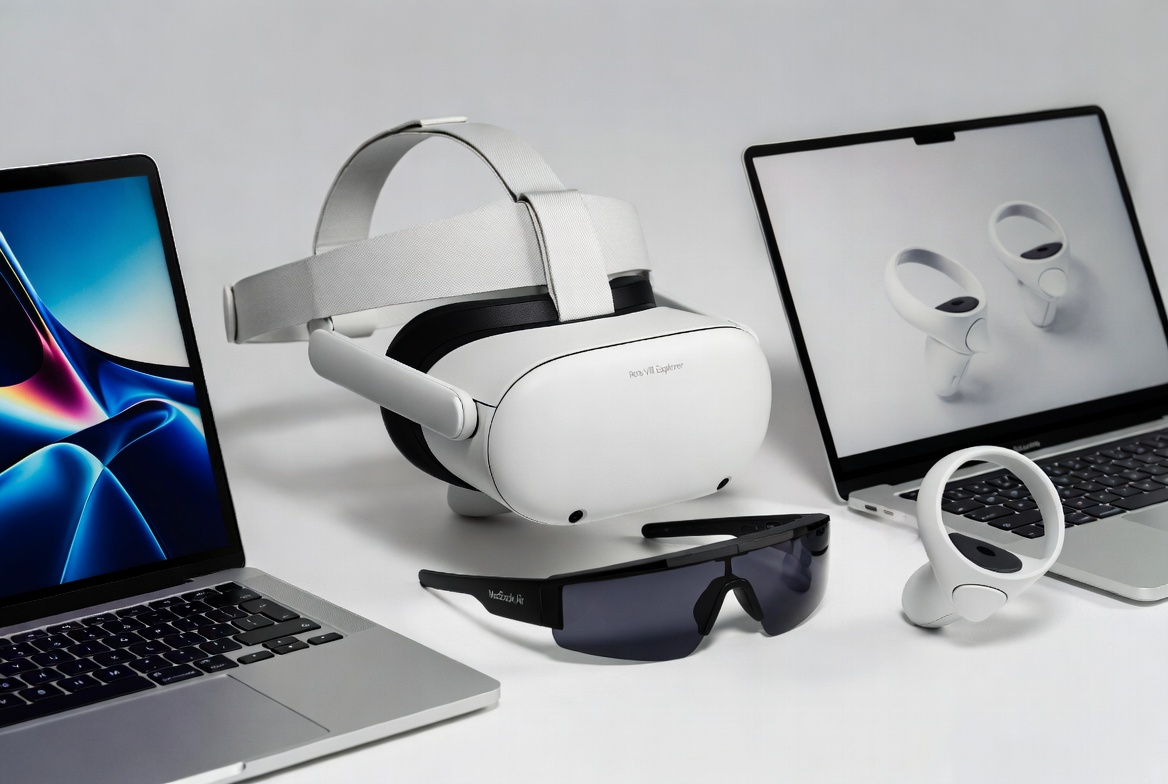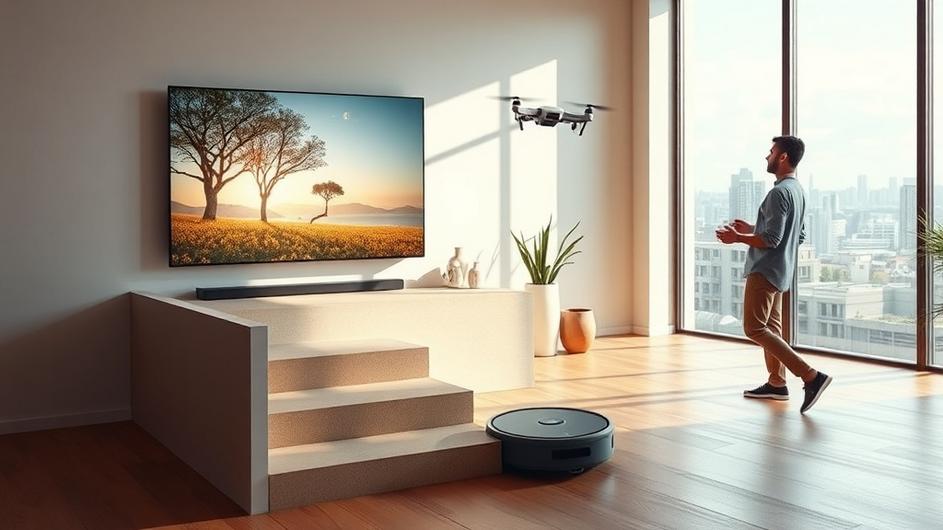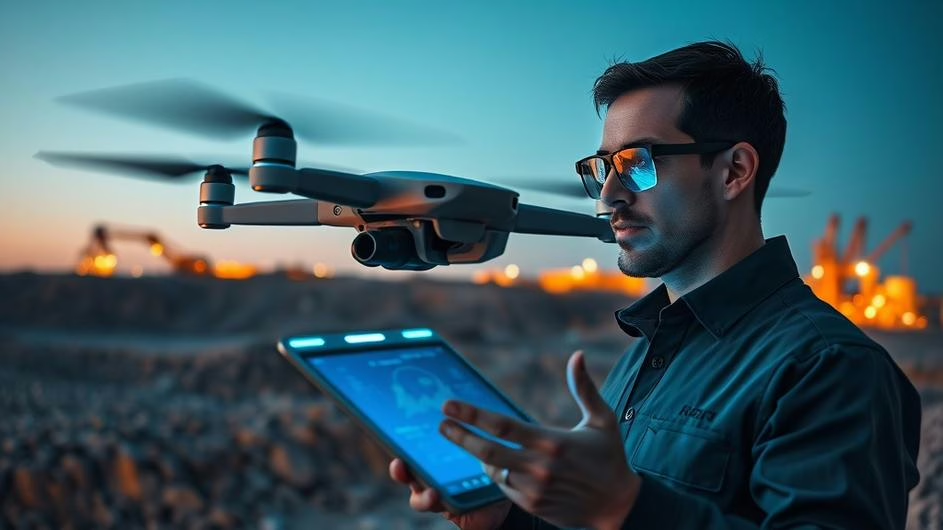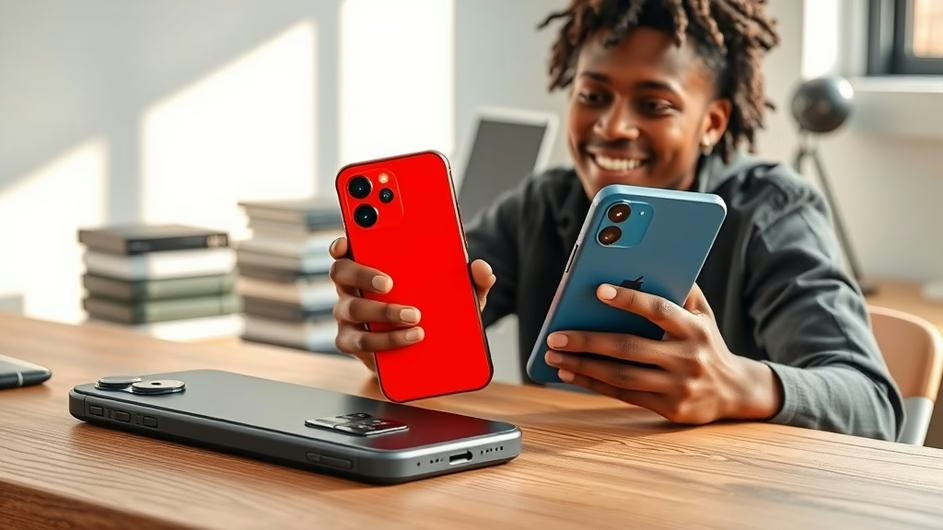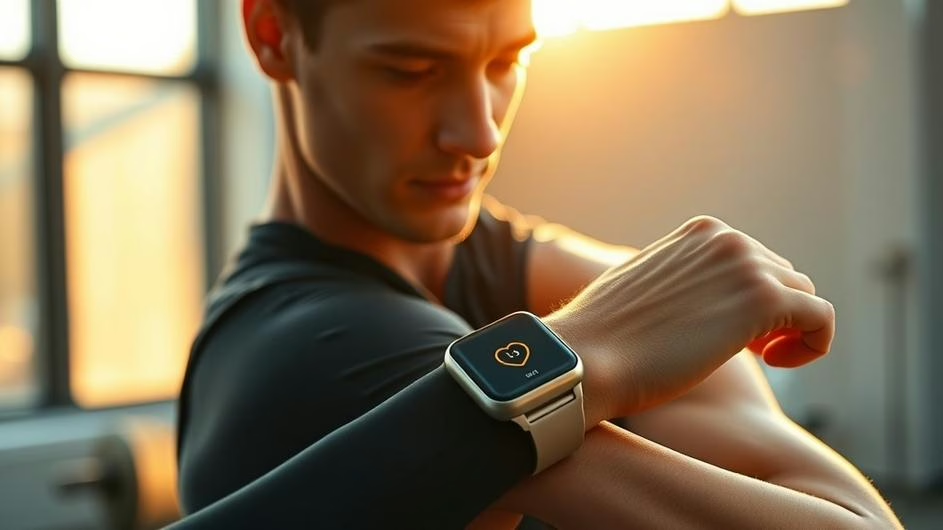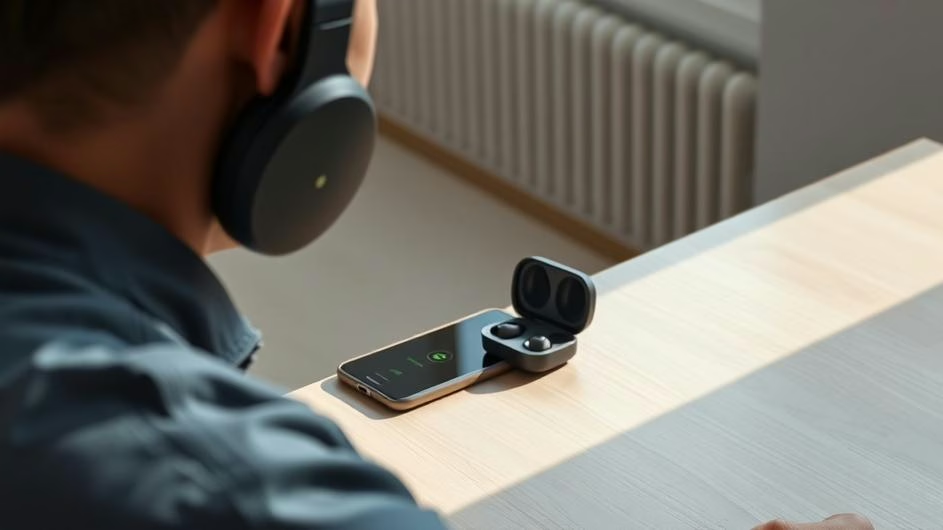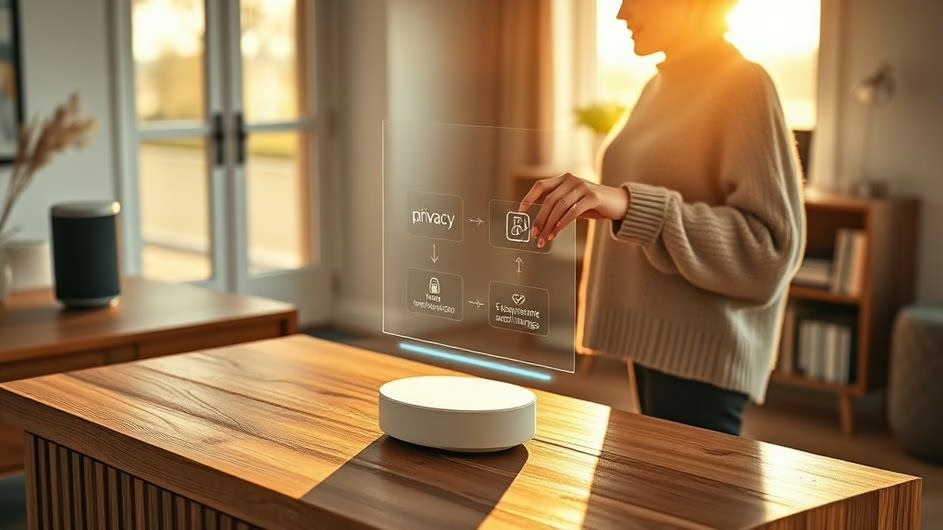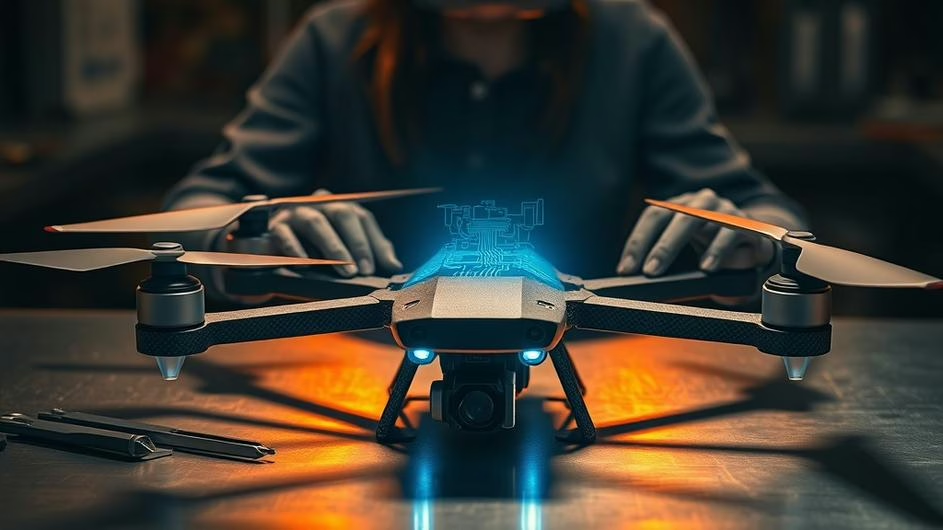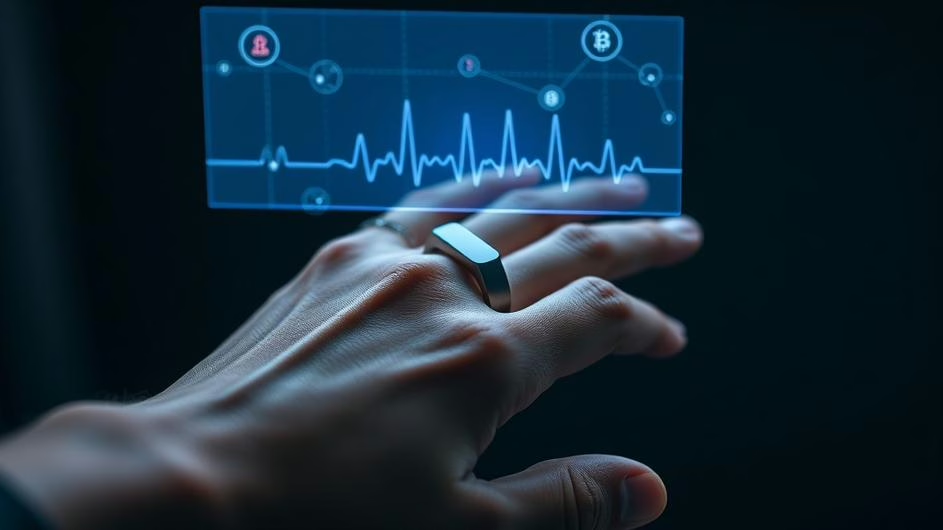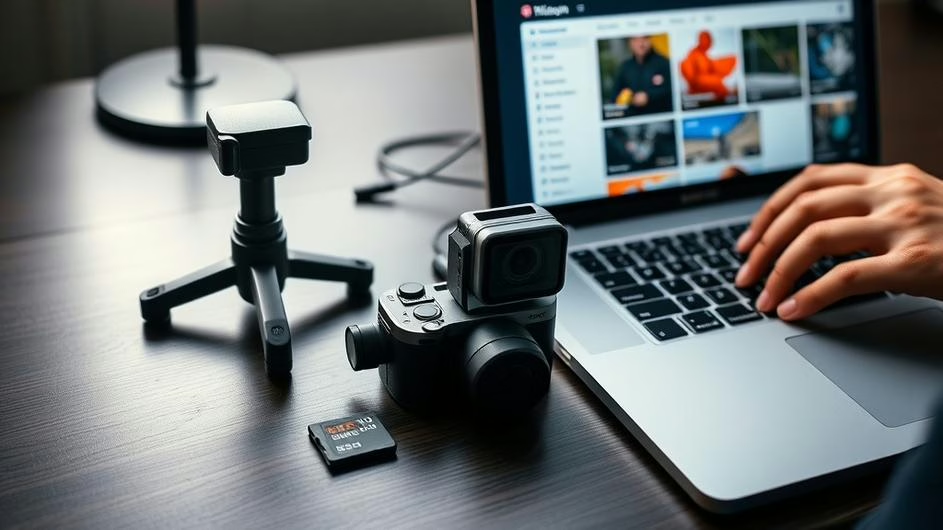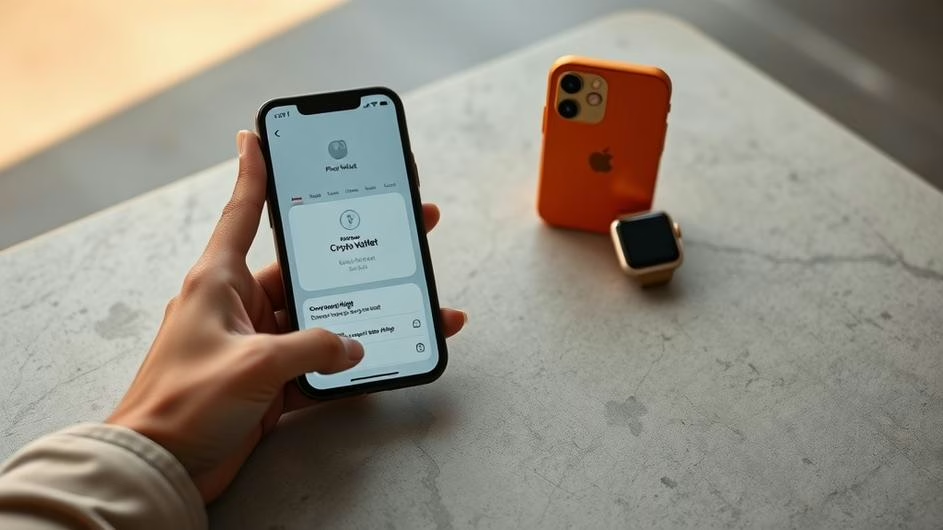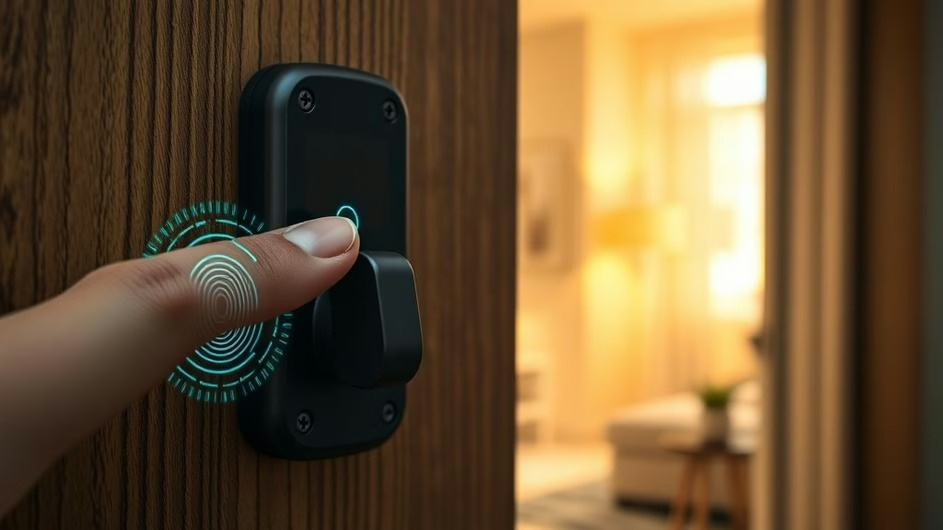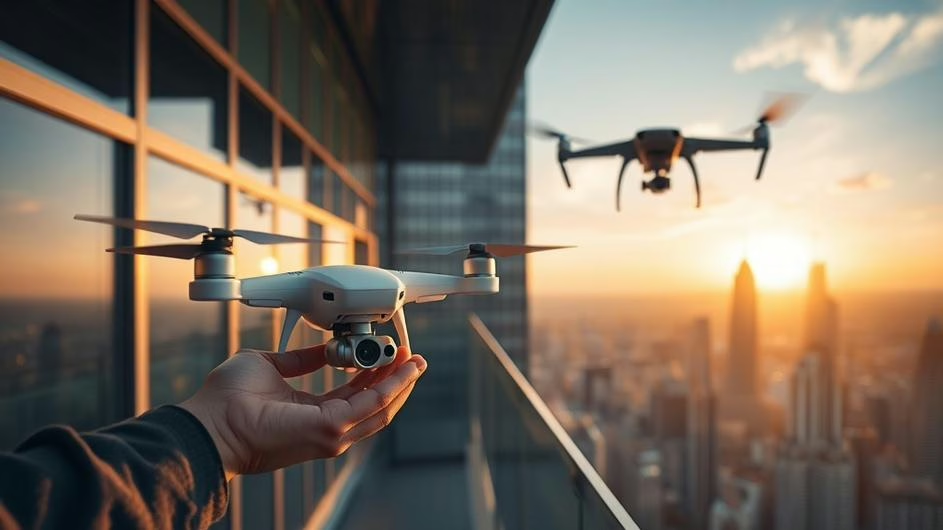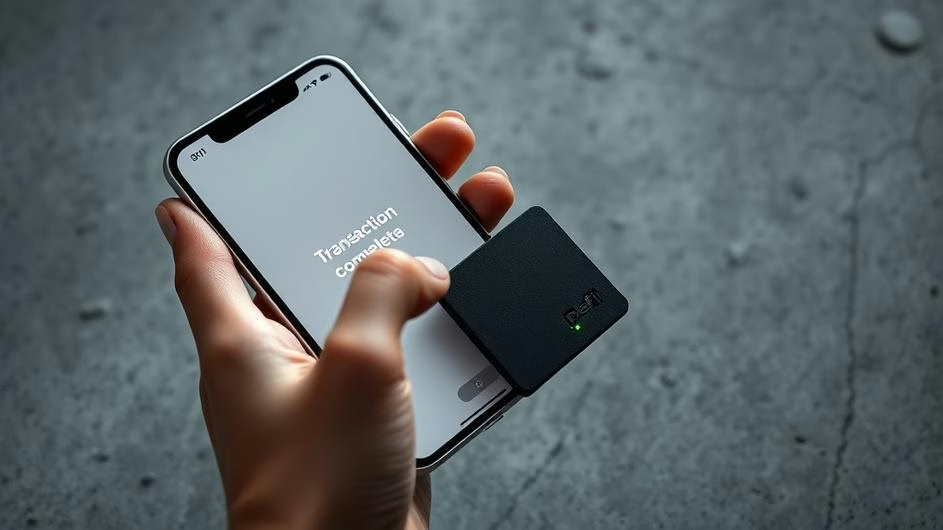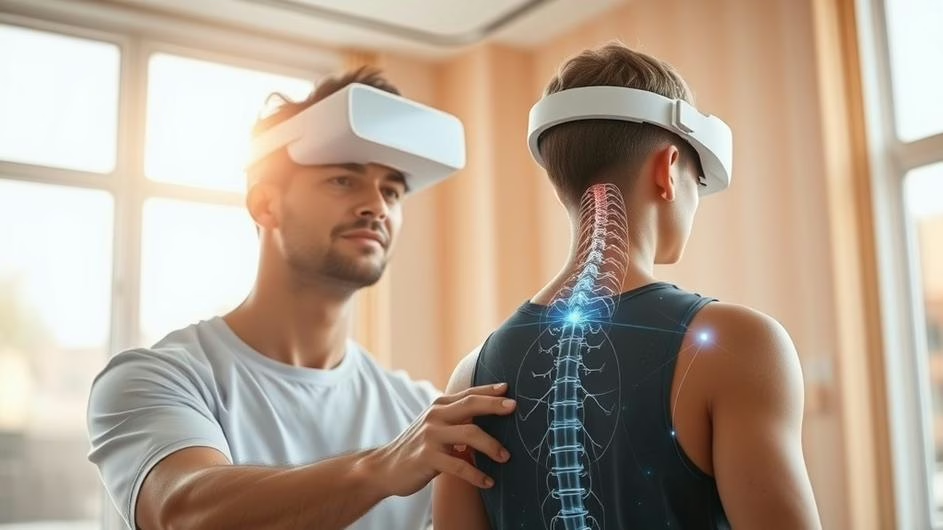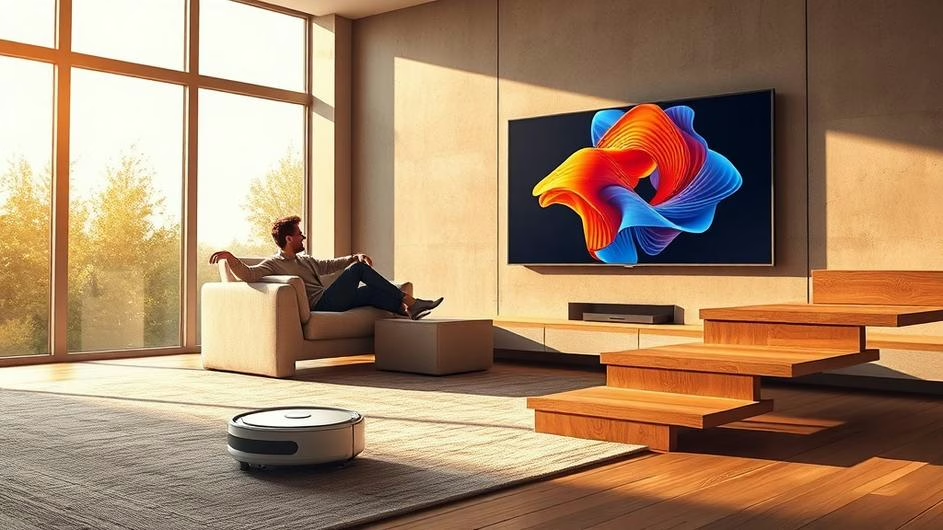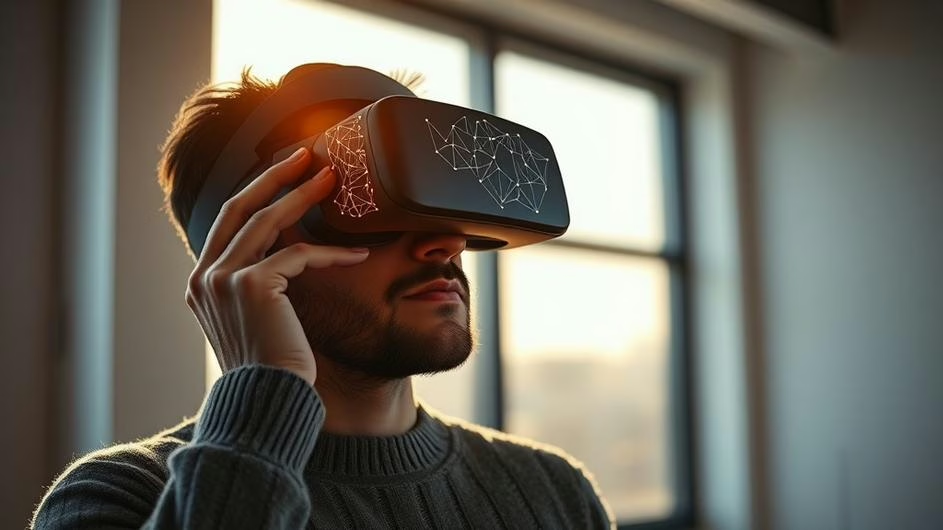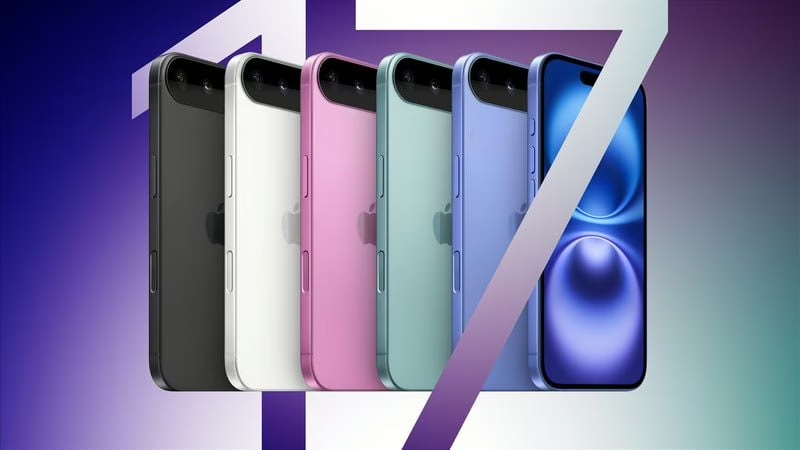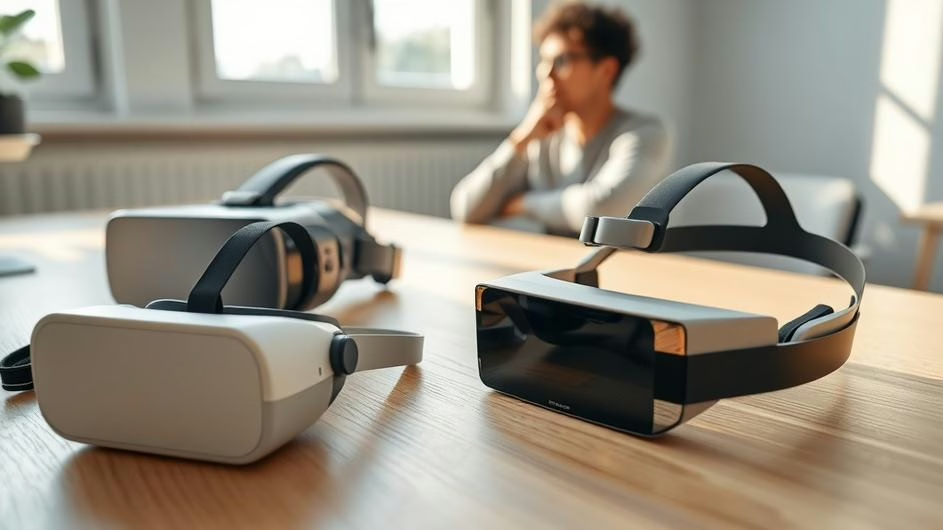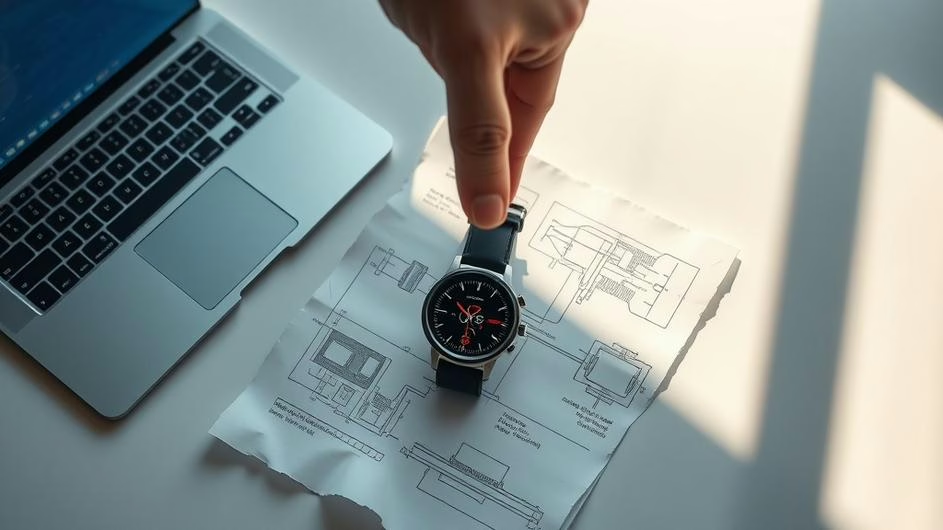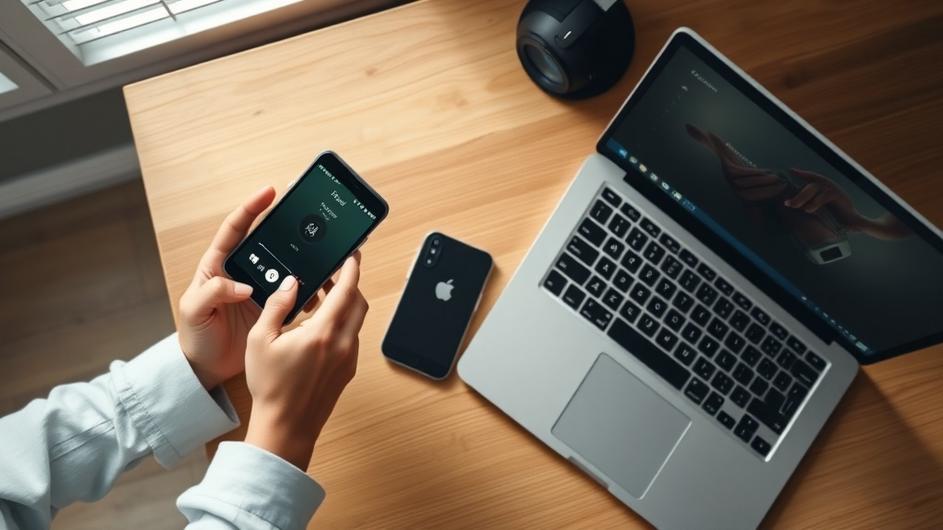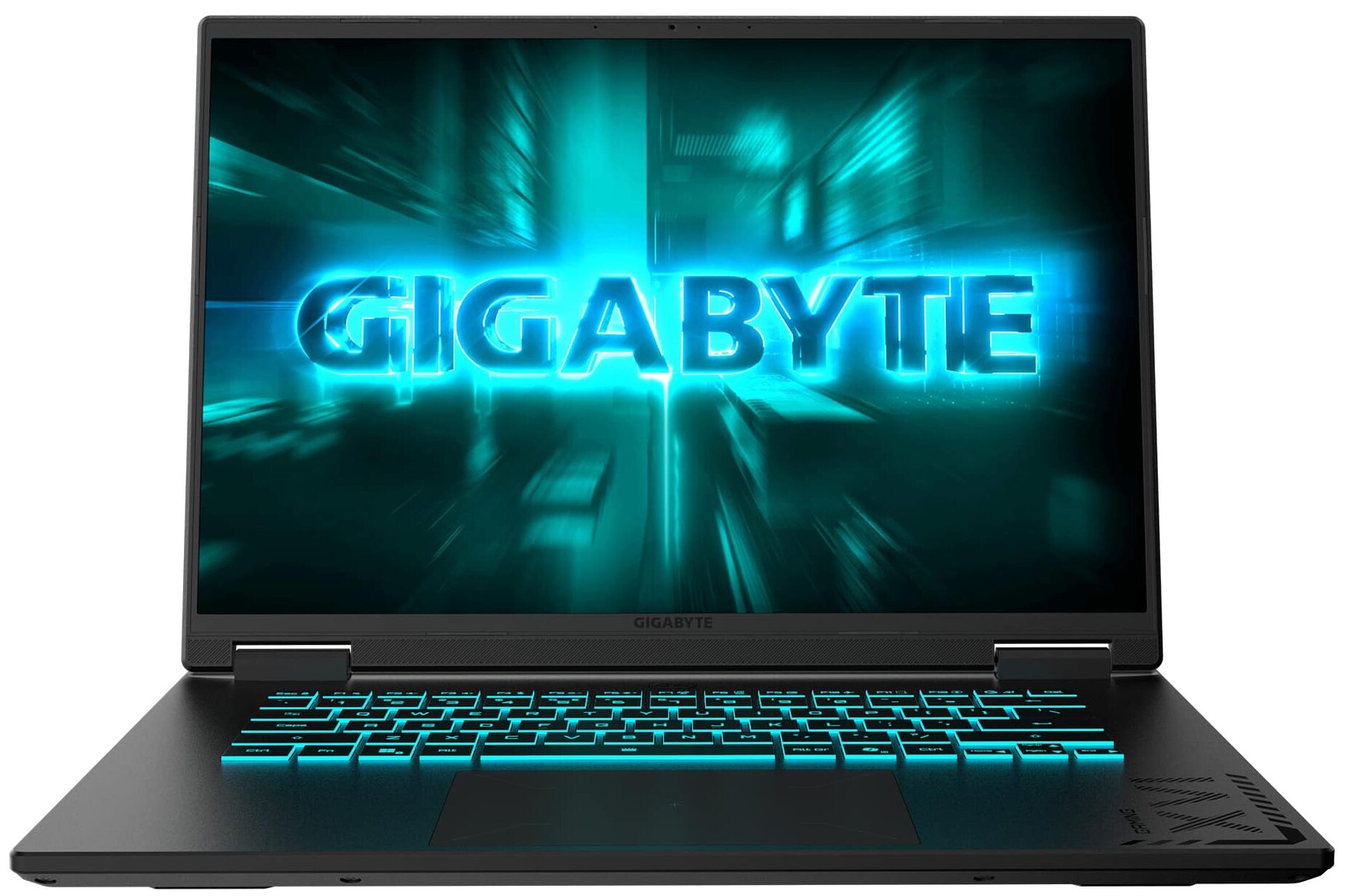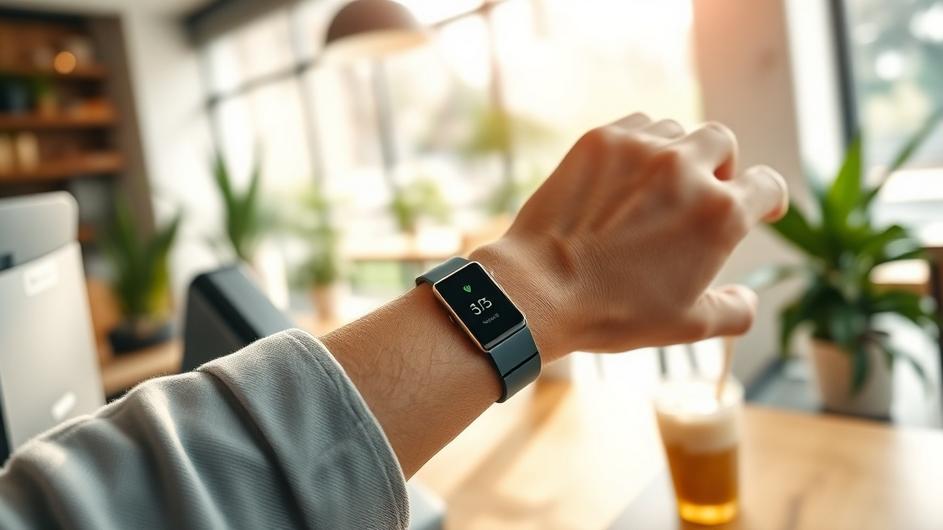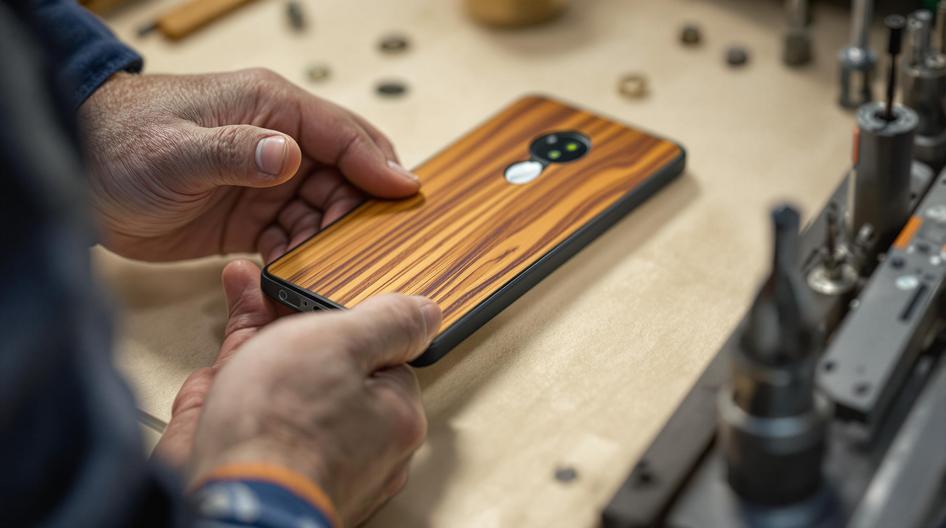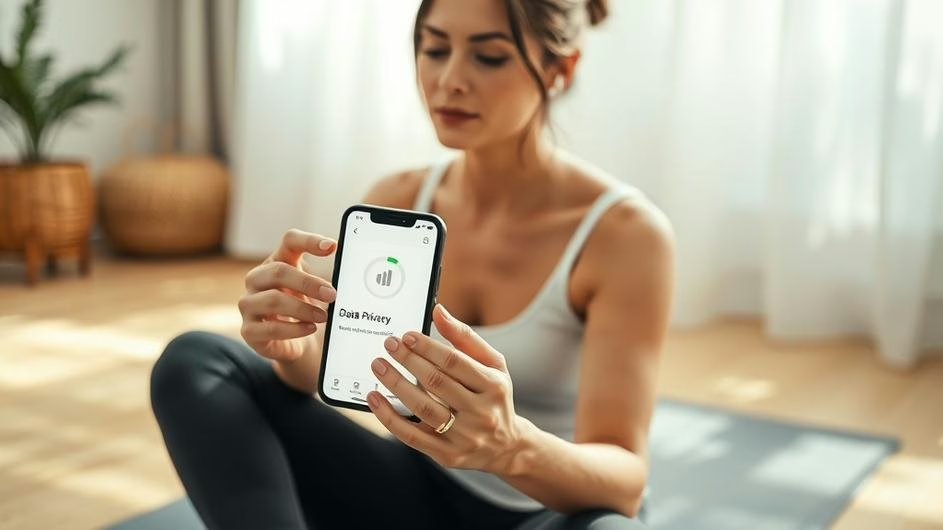
Wearables, Smart Fitness, and the Tech-Driven Future of Wellbeing
Your personal health data has become digital gold. And just like the tech industry’s relentless push toward smarter, more connected devices, the fitness and wellness space is experiencing its own revolution. We’re not just talking about counting steps anymore. Today’s wearables, smart home gym equipment, and health tracking gadgets are reshaping how we live, work out, and think about our bodies.
If you’ve been watching the consumer tech space lately, you’ve probably noticed something interesting. The latest wave of fitness trackers and sleep monitors isn’t just getting better at collecting data. They’re actually changing behavior. Men’s Health recently tested six sleep trackers and found something compelling: these devices don’t just log your sleep patterns, they actively encourage healthier habits through real-time feedback and actionable insights.
This isn’t your typical tech upgrade cycle. We’re seeing genuine innovation that matters for everyday users.
Beyond the Wrist: Health Tech Gets Creative
Apple just dropped something that perfectly captures where health tech is heading. The AirPods Pro 3 now include heart rate sensors, turning your everyday earbuds into fitness monitors. Think about that for a second. You can track heart rate, calories, and workout progress without wearing a watch, ring, or chest strap.
This kind of seamless integration is what separates today’s health tech from the clunky fitness gadgets of the past. It’s the same philosophy driving AI evolution across consumer devices: invisible, powerful, and genuinely useful.
For Apple users already invested in the ecosystem, this creates an interesting value proposition. Your headphones become part of your fitness routine, syncing directly with Apple Fitness and providing motivation during workouts. It’s convenience that actually works.
Smart Home Gyms: The Peloton Alternative Revolution
Speaking of value propositions, let’s talk about home fitness equipment. The market has gotten seriously competitive, and that’s great news for consumers. Take the BowFlex IC SE Bike, which CNET tested against Peloton. At $599, it’s positioning itself as a credible alternative to the premium brands.
What makes this interesting isn’t just the price point. It’s the integration with apps like JRNY, offering hundreds of classes, personalized routines, and real-time performance tracking. The software experience, not just the hardware, is becoming the differentiator.
With supply chain uncertainties and potential tariff impacts on consumer electronics, there’s a practical urgency here. Smart buyers are looking at these alternatives now, before prices potentially shift. It’s the same strategic thinking that drives mobile computing decisions in other tech categories.
Traditional Wearables Still Pack a Punch
Don’t count out the classic fitness watch just yet. Garmin’s Epix Pro 2 Sapphire Edition proves that dedicated wearables still have their place. GPS navigation, advanced training metrics, and professional-grade analytics in a package that’s becoming more affordable. Amazon currently has it for 30% off, making it accessible to a much broader audience.
This is where the data gets really interesting. These devices provide insights that help users make informed, proactive decisions about their training. It’s similar to how AI at the edge empowers better decision-making across various tech applications.
The key difference? This data is about your body, your performance, your health. It’s personal in a way that makes the insights immediately actionable.
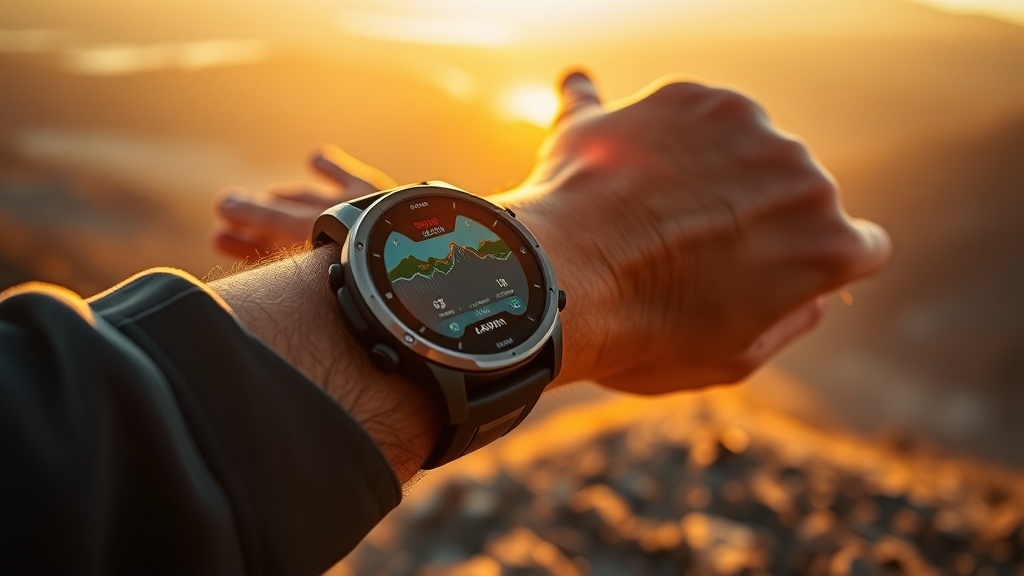
The Privacy and Ethics Question
But here’s where things get complicated. As personal health data becomes more valuable, we’re seeing real-world issues emerge. Recent legal settlements involving luxury gyms highlight concerns about fair treatment and data usage in the high-tech fitness economy.
Your workout data, sleep patterns, and biometric information aren’t just useful to you. They’re valuable to employers, insurance companies, and service providers. This raises important questions about privacy, compensation, and digital rights that echo broader conversations about technology’s impact on society.
Who owns your health data? How should it be used? These aren’t just technical questions, they’re fundamental issues about personal autonomy in our increasingly connected world.
What’s Next for Health Tech?
Looking ahead, the convergence of fitness technology, artificial intelligence, and emerging digital tools could open fascinating possibilities. Imagine automated insurance incentives for healthy behaviors, or privacy-preserving systems that let you control exactly how your health records are shared and used.
The same forces driving innovation in smart contracts and digital assets could potentially power a new era of self-controlled health management. The technology exists; it’s a matter of implementation and user adoption.
For tech enthusiasts, developers, and anyone interested in the intersection of health and technology, this is a space worth watching closely. The innovations happening in consumer health tech today could fundamentally change how we think about wellness, privacy, and personal data ownership.
The Bottom Line
Today’s health and fitness technology isn’t just about better gadgets. It’s about creating ecosystems where personal wellness, data control, and technological convenience intersect in meaningful ways. Whether you’re tracking sleep with a smart device, working out with connected equipment, or monitoring biometrics through everyday accessories, you’re participating in a fundamental shift.
We’re moving toward a future where health technology is seamlessly integrated into our daily lives, providing genuine value while raising important questions about privacy and control. For anyone following consumer tech trends, this evolution represents both opportunity and responsibility.
The wellness tech boom isn’t just changing how we exercise and sleep. It’s reshaping our relationship with personal data and digital autonomy in ways that could influence technology development for years to come.
Sources:
- These 6 Editor-Tested Trackers Encourage Healthier Sleep Habits, Men’s Health, 10 September 2025
- The AirPods Pro 3 Will Read Your Heart Rate and Motivate You During Workouts–No Smart Watch Needed, CNET, 9 September 2025
- Is the Popular $599 Bowlex Bike as Good as a Peloton? I Tested Both, CNET, 9 September 2025
- Amazon Has One of Our Favorite Garmin Watches for 30% Off Right Now, Men’s Health, 11 September 2025
- Luxury Gym Cos. Settle Trainer’s Wage, Harassment Claims, Law360, 11 September 2025


